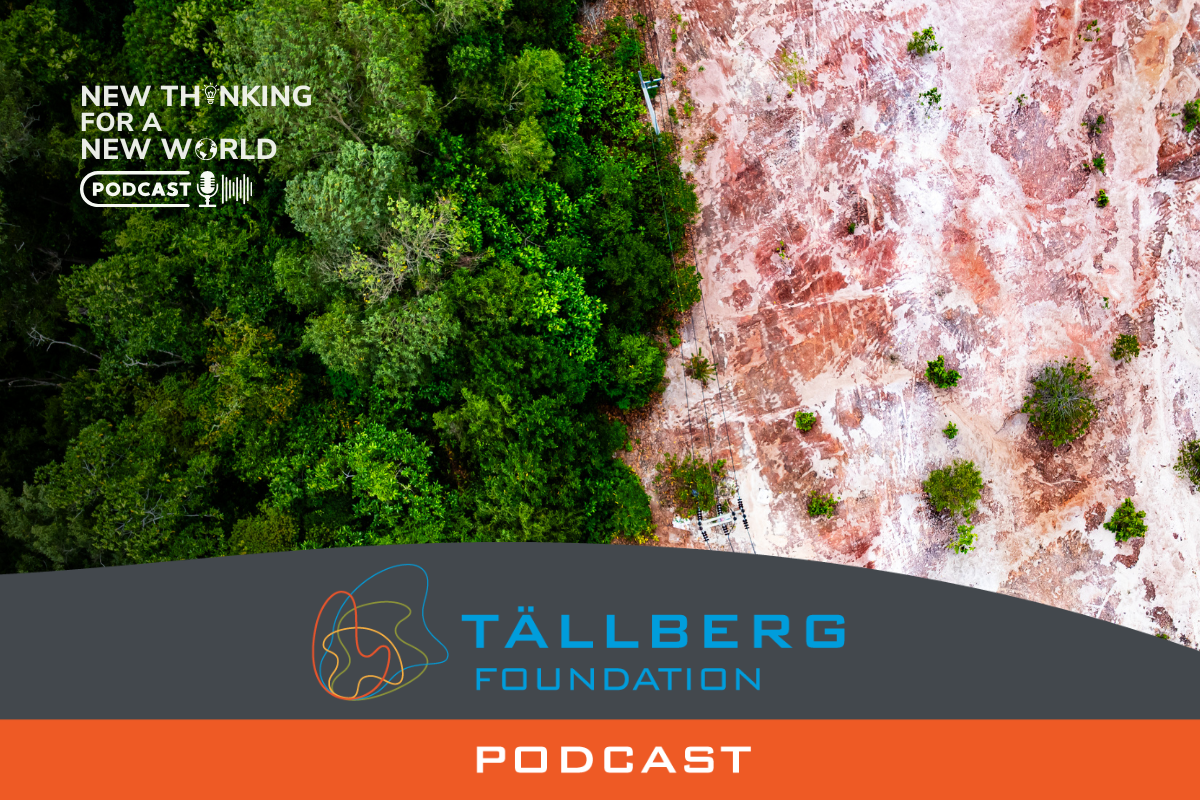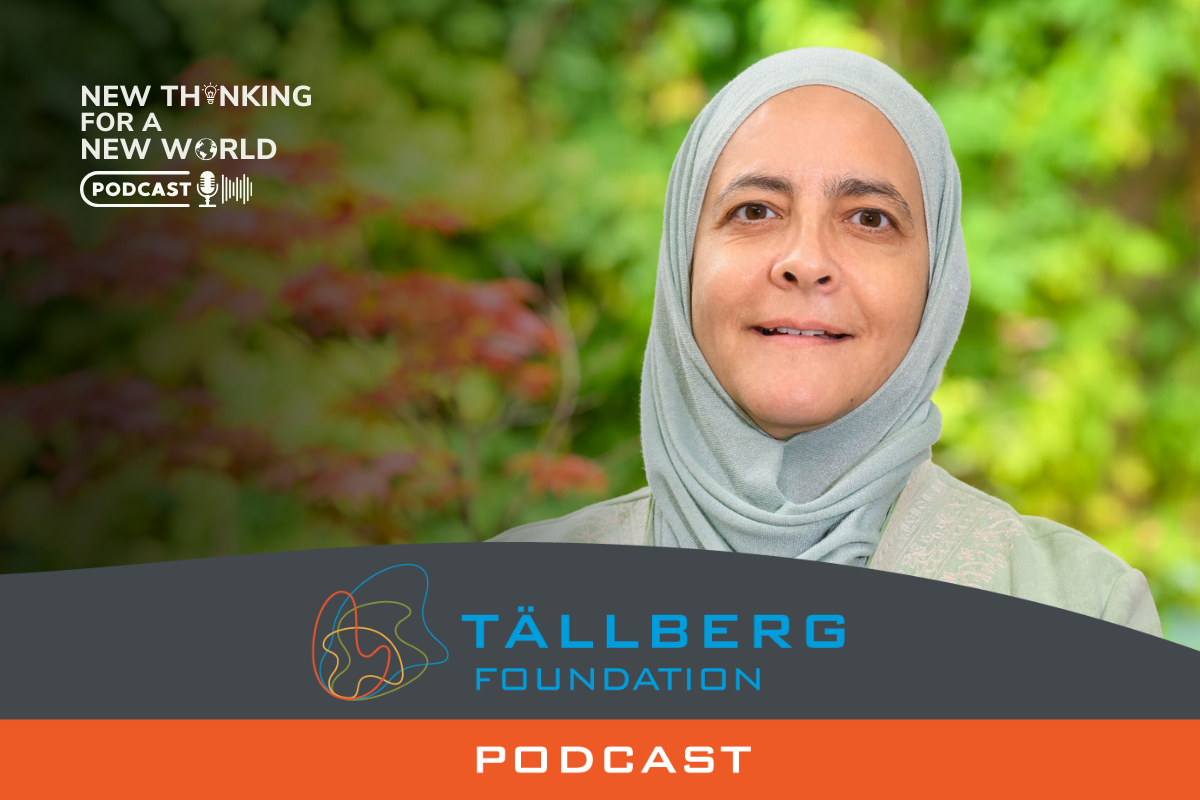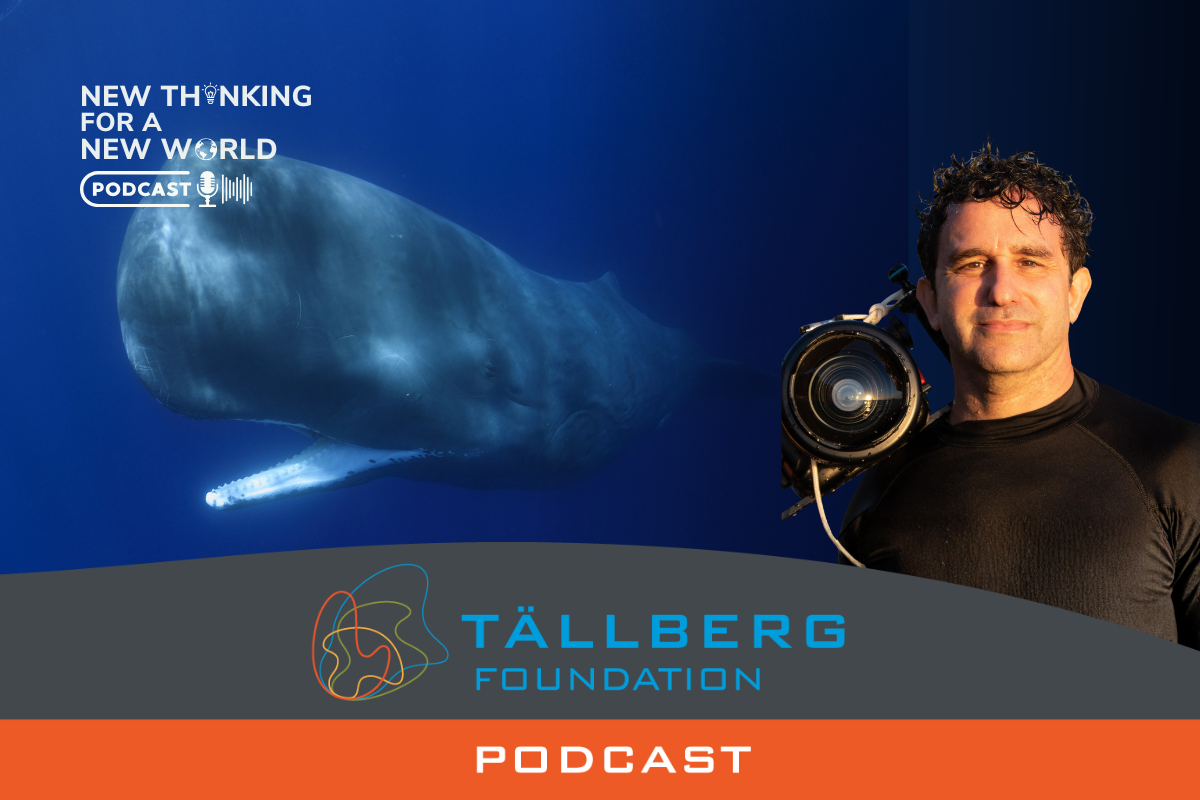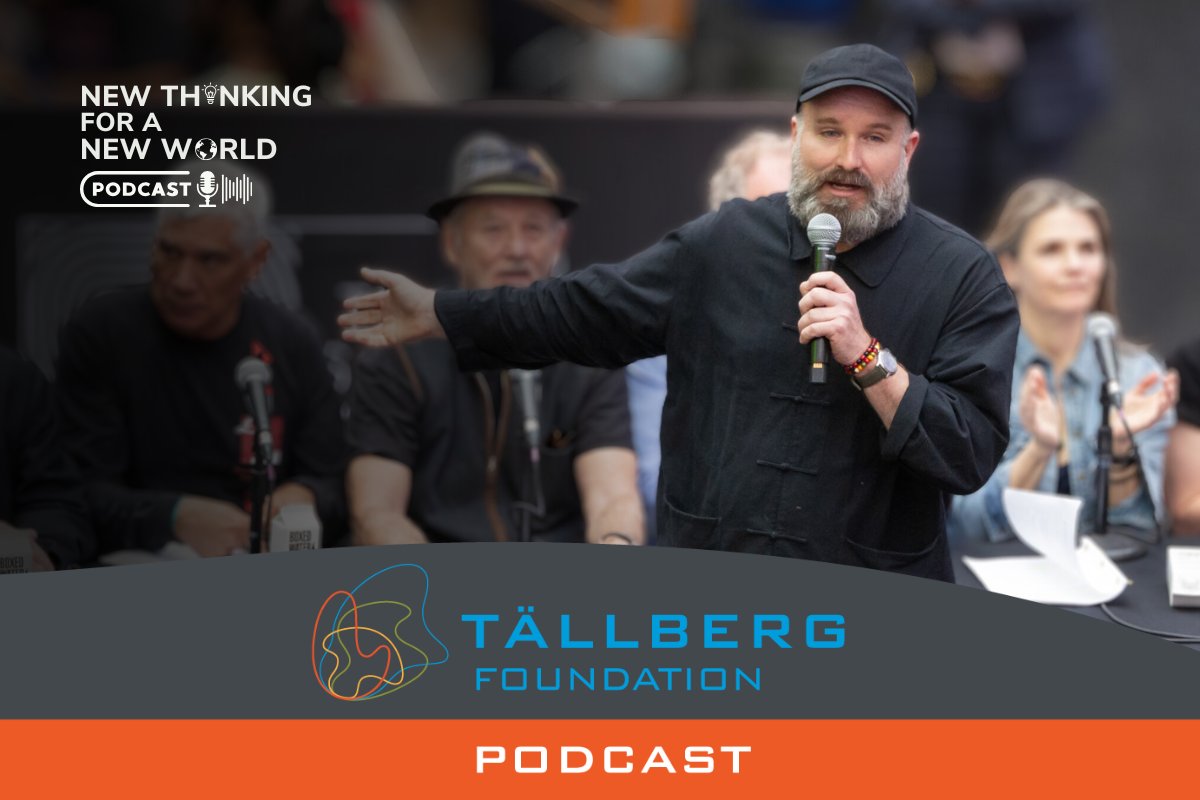The Congo River Basin includes six countries and covers approximately 3.7 million square kilometers, making it the world’s second-largest rainforest basin behind the Amazon. Like the Amazon, in practical terms, it is vital to the health of the planet. Also like the Amazon, scientists and conservationists worry that the Basin’s ecology could tip if its rainforests are seriously degraded.
Unlike the Amazon, however, the immediate threat to the ecological integrity of the Congo Basin is not large-scale agriculture, but the demands of the Green Transition, since the region seems to hold vast reserves of minerals and rare earths. Could the rush to “electrify everything” lead to the destruction of the Congo rainforest?
This week, we have the opportunity for a conversation with someone who is deeply invested in trying to guide the countries of the Congo toward a positive future. Jaap van der Waarde has worked for the last two decades in the Congo Basin and is now the World Wildlife Fund’s Conservation Director for the region. He spoke with New Thinking for a New World in his personal capacity.
What do you think? Comment below.
***
Jaap and Alan spoke at the “Two Basins Workshop: Integrating Nature and Governance” hosted by Universidad de los Andes in Cartagena, Colombia. The workshop was made possible by Tällberg Foundation’s lead supporter, the Stavros Niarchos Foundation (SNF).
***
Find the New Thinking for a New World podcast on a platform of your choice (Apple podcast, Spotify, Google podcast, Youtube, etc.)
ABOUT OUR GUEST
Jaap van der Waarde has worked since 2024 with WWF-International as Conservation Director for the Congo Basin. Previously, he worked for 5 years as the TRIDOM Landscape Manager, a transboundary landscape in the Congo Basin. He previously spent nine years with WWF-Netherlands, working in the Species and Landscape Conservation Program with a focus on the Congo Basin. Between 2004 and 2010, he worked in Cameroon on natural resources management, the last 2 years with the WWF in Cameroon as regional adviser for the regional CARPO program, active in 5 countries in the Congo Basin region.
Earlier in his career, he worked with Bioclear, a leading consultancy firm in environmental biotechnology in the Netherlands. He holds an MSc in Biology from Groningen University, the Netherlands.




How do we change the nature of an economic system that defies human management for narrow self interests?
Our river. our future. A river is nature’s poem, flowing freely and endlessly.